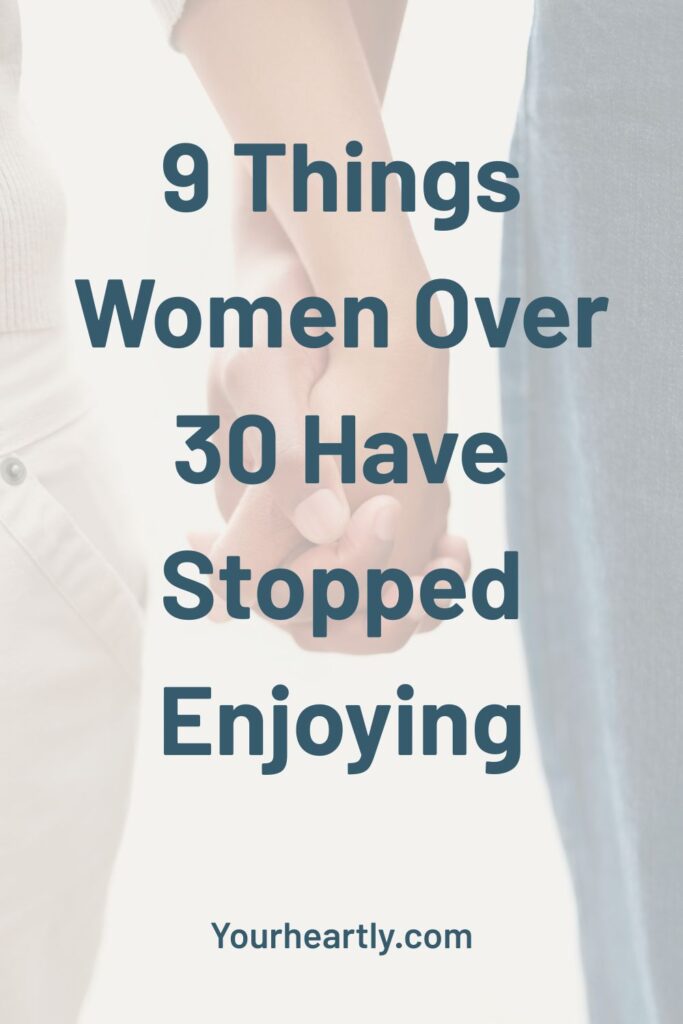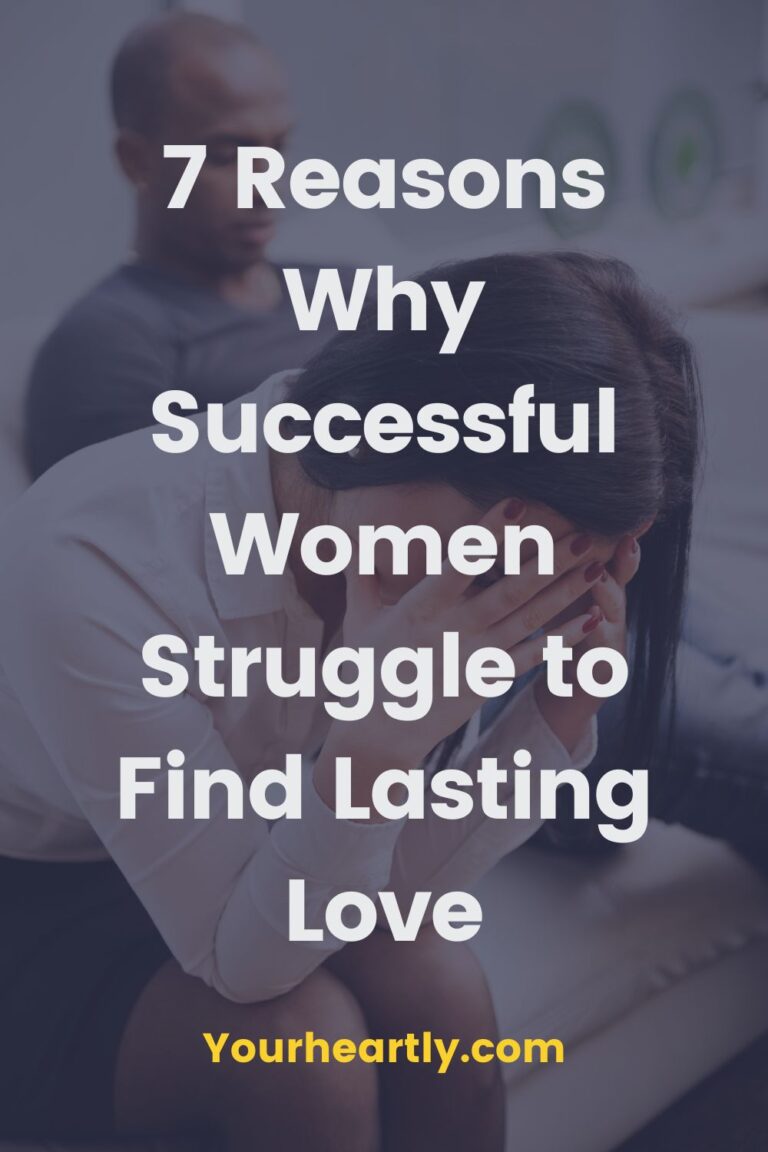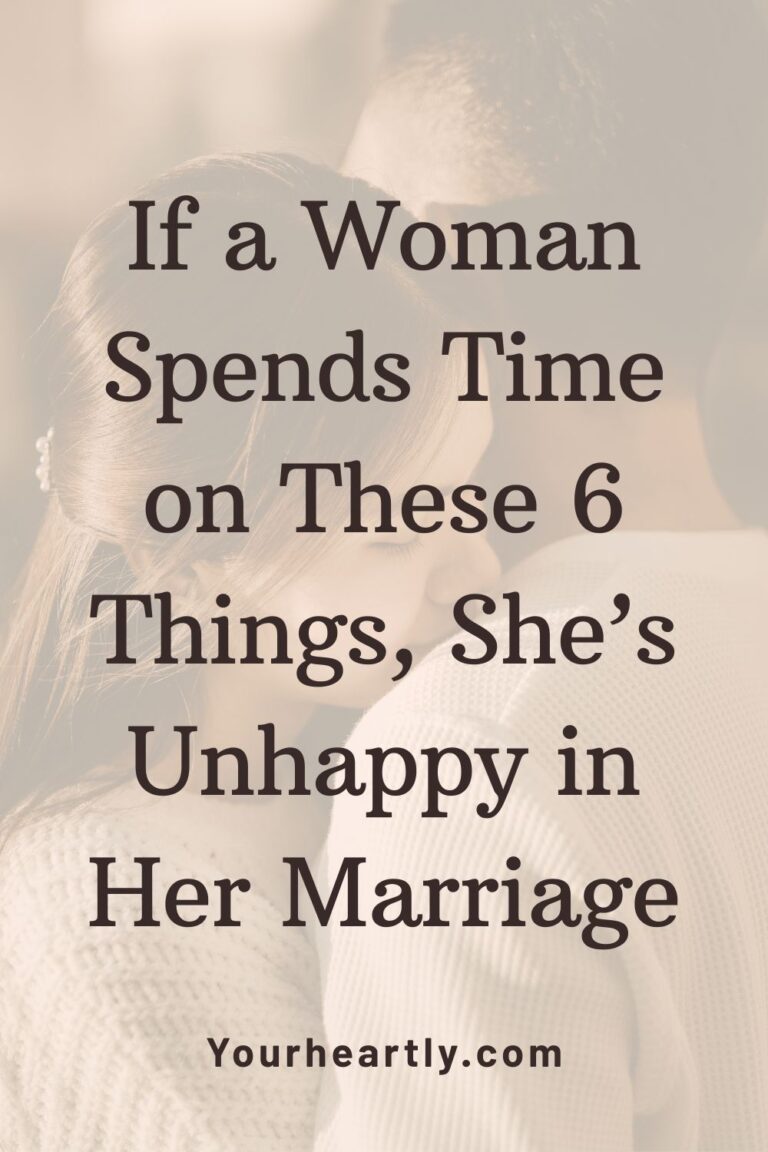When you hit your 30s, life takes on a different rhythm. You’re no longer trying to figure out who you are—you’ve started embracing yourself more fully. The things that once seemed exciting or essential in your 20s may no longer hold the same thrill. It’s not about becoming boring or losing interest in life; instead, it’s about evolving priorities, greater self-awareness, and valuing your time and energy more deeply.
You begin noticing that your circle of friends has changed. Nights out that once ended at sunrise now feel less appealing than a quiet evening at home with a glass of wine or a good book. The way you look at relationships also shifts—you’re less likely to tolerate games or unnecessary drama, and more likely to crave depth, honesty, and stability.

As you get older, your energy feels precious, and you stop giving it away to things that don’t serve you. Whether it’s toxic friendships, uncomfortable fashion trends, or endless social obligations, women over 30 start to reclaim control over what really matters. And the beauty of this stage is that you don’t feel guilty about it anymore—you actually feel empowered.
If you’ve ever found yourself wondering why certain things no longer bring you joy, you’re not alone. This isn’t about losing fun; it’s about redefining it. Here are 9 things women over 30 have stopped enjoying—and why that’s not just okay, but actually a sign of growth.
1. All-Nighters and Late-Night Parties
In your 20s, staying out until sunrise felt like an adventure. Clubs, after-parties, and spontaneous nights with friends were part of the lifestyle. But by the time you hit 30, those late nights often feel less like fun and more like punishment. The next day’s exhaustion, the pounding headache, and the lack of productivity just don’t seem worth it anymore.
Women over 30 start realizing that sleep is not just a luxury—it’s a necessity. The thrill of dancing until 3 a.m. doesn’t compare to the joy of waking up rested, refreshed, and ready for the day. Priorities shift, and quality rest becomes more appealing than loud music and crowded spaces.
That doesn’t mean you stop having fun. You may still enjoy an occasional night out, but the idea of doing it every weekend loses its shine. Instead, cozy dinner parties, brunches, or intimate gatherings replace marathon nights. You begin valuing connection and conversation more than noise and chaos.
The transition away from all-nighters isn’t about slowing down—it’s about choosing joy over exhaustion. You learn that fun doesn’t have to come at the cost of your well-being, and that realization makes you happier in the long run.
2. Uncomfortable Fashion Trends
Remember the days when you’d wear sky-high heels even if they hurt with every step? Or squeeze into tight jeans just because they were “in”? By the time you’re in your 30s, many women realize fashion should feel good, not painful. Comfort and confidence take priority over chasing every trend.
That doesn’t mean giving up on style. Instead, it’s about curating a wardrobe that feels like an extension of you. Soft fabrics, well-fitted clothes, and shoes that don’t leave blisters start to become your go-to choices. You understand that looking polished isn’t about sacrificing comfort—it’s about owning your personal style.
Fashion in your 30s becomes less about impressing others and more about expressing yourself. You invest in quality pieces that last, instead of filling your closet with fast fashion you’ll never wear twice. There’s a sense of freedom in saying no to trends that don’t work for you.
When you walk into a room in clothes that feel good on your body, your confidence naturally shines. That’s a kind of style no trend can replace.
3. Drama-Filled Friendships
In your 20s, you might have tolerated flaky friends, gossip circles, or people who drained your energy. But once you’re over 30, your patience for drama runs thin. You realize that friendship should feel supportive, uplifting, and genuine—not like a constant emotional rollercoaster.
Women over 30 often cut ties with toxic friendships, not out of bitterness but out of self-respect. You stop making excuses for people who only show up when it’s convenient or who thrive on negativity. Instead, you seek friends who add value to your life—those who celebrate your wins, stand by you in struggles, and genuinely want the best for you.
Your circle may shrink, but it becomes stronger. Quality takes precedence over quantity. A single coffee date with a loyal, uplifting friend feels more fulfilling than a night surrounded by people who secretly compete with you or criticize your choices.
This shift doesn’t make you anti-social—it makes you intentional. You learn to protect your energy, and in doing so, your relationships become healthier and more meaningful.
4. Over-Packed Social Calendars
When you’re younger, it’s tempting to say yes to every invite. Weddings, parties, brunches, networking events—your calendar might have been packed to the brim. But in your 30s, you realize that being busy doesn’t equal being fulfilled.
Women over 30 stop forcing themselves into constant activity. You learn the beauty of saying no. You start asking yourself: “Does this event really matter to me?” If the answer is no, you’d rather spend that time resting, working on your goals, or enjoying the company of people who truly matter.
A less crowded calendar gives you room to breathe, reflect, and focus on what brings you real joy. Instead of stretching yourself thin, you prioritize experiences that align with your values. A quiet evening with loved ones often outweighs a loud, obligatory gathering.
Choosing quality time over quantity doesn’t make you less social—it makes you more selective and, ultimately, happier.
5. Cheap, Low-Quality Purchases
In your 20s, grabbing the cheapest option often made sense. Whether it was clothes, skincare, or even furniture, budget ruled every decision. But once you cross 30, you begin to value quality over quantity.
Women over 30 realize that cheap buys often cost more in the long run. That flimsy chair breaks, that fast-fashion top loses shape after two washes, and that bargain skincare leaves your skin irritated. Instead, you invest in items that last and actually make your life easier or more enjoyable.
There’s a shift from impulse buying to intentional spending. You start asking: “Do I really need this? Will it serve me well?” You may even discover the joy of minimalism—choosing fewer but better things that bring true satisfaction.
This doesn’t mean you splurge recklessly. It means you respect the value of your money and time. You’d rather save for something durable than keep replacing items that don’t last.
6. Endless Dating Games
By 30, many women are done with the exhausting cycle of mixed signals, ghosting, and shallow connections. The drama of guessing someone’s intentions or wasting time on relationships that go nowhere becomes less appealing.
Women over 30 crave clarity and emotional maturity. You want honesty, stability, and real effort. Instead of playing along with someone’s games, you’re more likely to walk away and protect your peace. That self-assurance is powerful—it saves you from unnecessary heartbreak.
Dating becomes less about proving your worth and more about finding compatibility. You start asking deeper questions, looking for shared values, and prioritizing how someone makes you feel over how charming they appear at first glance.
This shift means you’re less willing to compromise on your standards. And that’s a good thing—it brings you closer to relationships that are genuine, healthy, and long-lasting.
7. Comparing Yourself to Others
In your 20s, it’s easy to fall into the trap of comparison—who’s earning more, who’s married first, who looks better in photos. But once you’re in your 30s, that constant mental competition starts to feel exhausting and unnecessary.
Women over 30 often learn to measure success on their own terms. You begin to understand that everyone’s timeline is different, and comparing yourself only steals your joy. Instead of envying someone else’s journey, you focus on your own growth and accomplishments.
This doesn’t happen overnight, but little by little, you stop caring about keeping up with unrealistic standards. Social media scrolling may still tempt you, but you’re more likely to remind yourself that what people post is just a highlight reel, not the full story.
With this mindset, life feels lighter. You no longer live for external validation, and that freedom helps you thrive in your own unique path.
8. Chasing Approval from Everyone
In your younger years, you might have bent over backward trying to please everyone—family, friends, co-workers, even strangers. But by 30, you realize that no matter how hard you try, you’ll never make everyone happy. And more importantly, you no longer want to.
Women over 30 stop living for external approval. You start trusting your instincts, honoring your boundaries, and saying yes only when it feels right. People’s opinions still matter, but they don’t define your choices anymore.
This shift doesn’t make you selfish—it makes you self-aware. You recognize that prioritizing your happiness isn’t about neglecting others; it’s about living authentically. When you stop chasing approval, you gain confidence and peace of mind.
It’s one of the most liberating realizations of your 30s: you don’t need the world’s permission to live your life your way.
9. Settling for Less Than You Deserve
Perhaps the biggest thing women over 30 stop enjoying is settling—whether it’s in careers, relationships, or personal goals. In your 20s, you might have accepted less because you were unsure of your worth. But in your 30s, that changes.
You start recognizing your value and refusing to accept situations that don’t align with your growth. Whether it’s walking away from a job that drains you, saying no to a relationship that lacks respect, or pursuing dreams others doubted, you stop tolerating “good enough.”
Women over 30 often embrace the mindset that life is too short to settle. You realize you deserve love that feels fulfilling, work that feels purposeful, and a lifestyle that brings you joy. And that boldness becomes your strength.
Choosing not to settle isn’t about being demanding—it’s about knowing your worth. And once you reach this point, everything in your life begins to align more authentically.
Conclusion
Turning 30 isn’t the end of fun—it’s the start of a new chapter where your choices reflect who you truly are. The things you stop enjoying aren’t signs of losing excitement; they’re proof of growth, maturity, and self-respect.
You stop forcing yourself into situations that drain you and start prioritizing what actually makes you happy. From relationships to fashion choices to social calendars, everything shifts toward quality over quantity. This transition empowers you to live with more confidence, clarity, and joy.
Women over 30 understand that saying no doesn’t mean missing out—it means creating space for the things that truly matter. And as you continue to embrace this stage of life, you discover that letting go of what no longer serves you opens the door to experiences that feel far more fulfilling.
Growing older doesn’t mean losing yourself—it means finally becoming the best version of you.
FAQs
1. Do women over 30 stop having fun?
Not at all. They just redefine fun. Instead of chaotic late nights, many prefer meaningful connections, travel, or hobbies that bring real joy.
2. Why do priorities shift so much after 30?
Life experience teaches you what’s worth your time. By 30, most women know themselves better and make choices aligned with their values.
3. Is it normal to lose friends in your 30s?
Yes. Friendships evolve, and many women choose quality over quantity, keeping only supportive, drama-free connections.
4. How can I stop comparing myself to others in my 30s?
Focus on your own goals and remind yourself that everyone has a different timeline. Gratitude practices also help shift your mindset.
5. What’s the biggest lesson women learn after 30?
That settling for less—whether in relationships, careers, or personal growth—isn’t worth it. Knowing your worth becomes a powerful guide.





